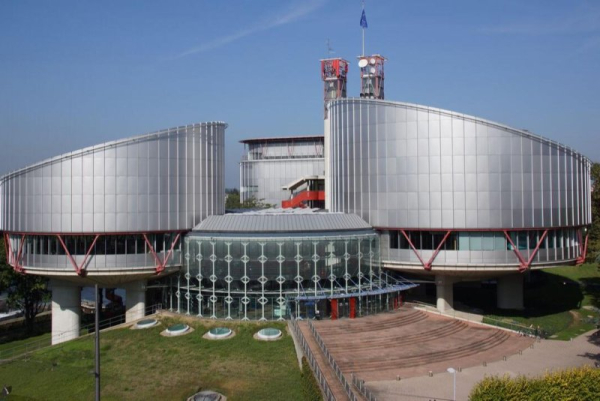
The European Court of Human Rights Thursday ruled Italian authorities violated the human rights of residents living near the Lo Uttaro landfill in Italy’s Campania region by mismanaging the refuse for years. Photo courtesy of European Court of Human Rights
The European Court of Human Rights unanimously ruled Thursday that Italy violated human rights by failing to properly handle refuse collection, treatment and disposal at a landfill in the Campania region.
The ruling found that Italian authorities violated Article 8 of the European Convention on Human Rights. The court held that the Italian government authorities violated human rights law by failing to take the necessary measures to protect the right to private life against the environmental pollution caused by the mismanaged landfill. Advertisement
The case was brought by 19 residents of the area who live in Caserta and San Nicola La Strada in Italy’s Campania region.
The court said that from 1994 to 2009 residents were forced to live in an environment polluted by garbage piled up along the streets and in temporary storage sites.
“The Court found in particular that pollution from refuse had adversely impacted the applicants’ personal well-being during the waste crisis from 1994 to 2009 and that that situation had continued as concerned the landfill site, which the Italian authorities to date have still not secured or cleaned up,” the European Court of Human Rights said in a statement. “Indeed, the authorities had been aware since 2001 that the refuse-disposal plant was a serious hazard, yet authorization was given in 2007 to use the landfill site to dispose of non-hazardous waste, thus worsening the environmental damage.” Advertisement
The court found “that such exposure to waste, in breach of safety standards, had made the applicants more vulnerable to various illnesses.”
“The official documents provided by the parties showed that the Lo Uttaro site had caused serious environmental pollution due to approximately 20 years of illegal refuse disposal,” the court said.
The court said that even thought the landfill was closed in 2007, it continued to endanger the health of the residents who brought the case.
The situation, according to the court, led to repeated bans on the use of groundwater.